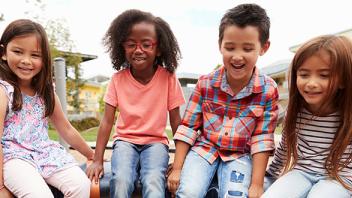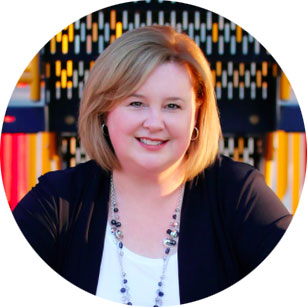1. All children have equal access to education.
2. All children learn alongside their same-age peers.
3. The focus of education is on the child’s abilities, not disabilities.
4. Children become accepting and understanding of one another’s abilities, talents, personalities, and needs.
5. Meaningful relationships and friendships develop as students spend quality time with one another.
6. Students develop confidence in their ability to interact with one another and the world around them.
7. Teachers in inclusive schools are highly trained and skilled at delivering appropriate, student-centered curriculum through differentiated activities according to ability level.
8. In addition to the classroom teacher, students with disabilities are supported by special education teachers, paraprofessionals, and specialists such as Speech/Language Therapists.
9. Various resources and assistive technologies are available to students in inclusive schools in an effort to reach and teach all learners.
10. Inclusive schools value input and participation from the whole community, not just students, Everyone is welcome!
Nicole Eredics is an educator who specializes in the inclusion of students with disabilities in the general education classroom. She draws upon her years of experience as a full inclusion teacher to write, speak, and consult on the topic of inclusive education to various national and international organizations. She specializes in giving practical and easy-to-use solutions for inclusion. Nicole is creator of The Inclusive Class blog and author of a new guidebook for teachers and parents called, Inclusion in Action: Practical Strategies to Modify Your Curriculum . For more information about Nicole and all her work, visit her website .

